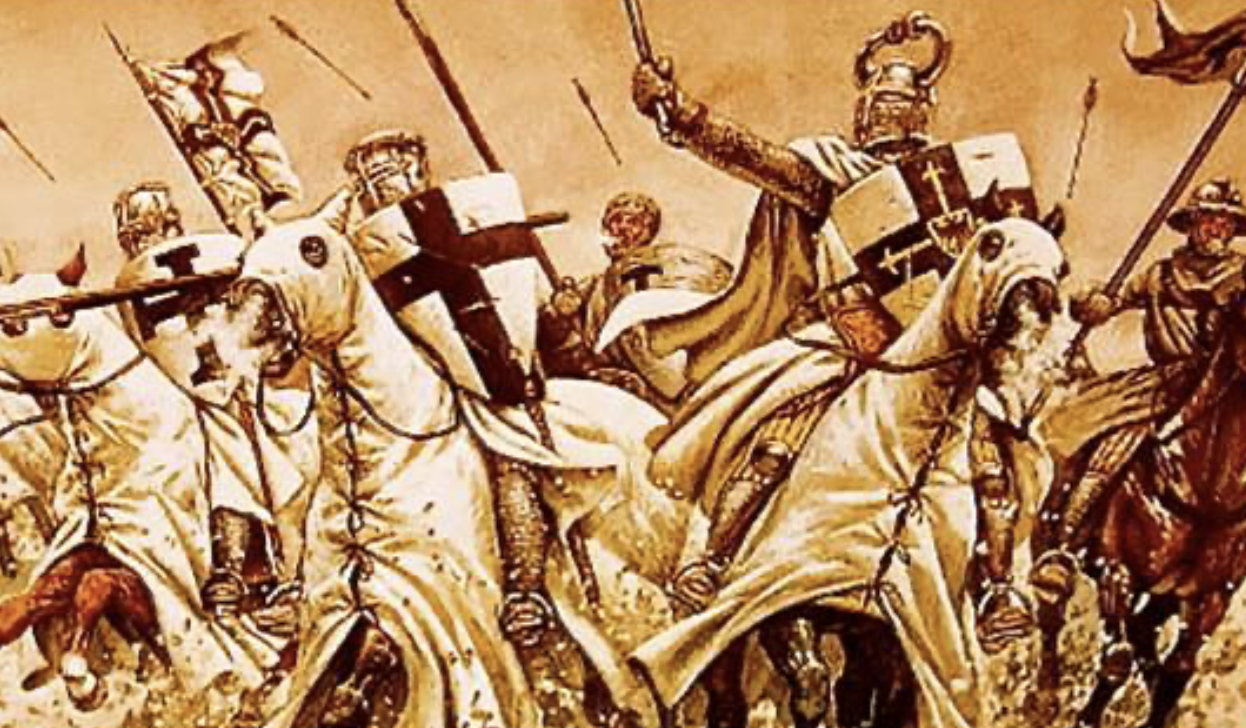
Last week, we looked at what is purportedly Paul’s letter from a Roman prison to the church in Ephesus. We considered that this may well have been written twenty or so years later, in and around 80 AD by a disciple of the man, many years after his death. In the preceding chapters (Ephesians 4-6) the author is writing about our responsibility as followers of Christ. Last week, we thought about gratitude and how that can be seen as an attractive quality of our spiritual life. Now comes the bit about spiritual armour.
We may well know the line ‘put on all of God’s armour so you will be able to resist the
enemy in the time of evil’ (Ephesians 6: 13)
Do you feel that this partiuclar verse may have been used to justify militaristic attacks, from the vague forces of evil and darkness of our age? Have we misused this verse, even abused its meaning? We might possibly need to consider what lens, the underlying reasoning we might have had to consider such a decision, before citing the Biblical verse.
Where are we?

Ephesus is that important trading post in Asia Minor or Türkiye, as it is now known. Recall, that until 313CE the Christians were deemed to be following an illegal faith, as they refused to worship Caesar. Just to emphasise that point, now only was there a Temple of Artemis smack in the middle of the city, but also a recently built Temple of Domitian, the current Roman Emperor. If we ever hear that Christians are discriminated against, please consider how these early followers of Christ must have felt, as they were really ‘in the third or fourth division’ amongst the religious spoils of the day. They would have to be mindful of the food that they ate, if it had been sacrificed to any number of the other gods in the city first, let alone whether discrimination might occur with them getting employment. They were deemed to be pagans, someone who followed a godless perspective – that is not the right God. Christians would never say that about anyone else, would they?
Let’s recall that this was written to the followers of Christ in Ephesus – not to where we live today. We shouldn’t have direct read-across to 2024 and <insert where we live>.
What we can do is to consider what God is saying to us today.
In Ephesians 6:12 they are told not to react violently to their neighbour. Let us recall the riots of the recent few weeks in England. They were certainly short-lived, and in certain places, where public feelings had been stoked, leading to targeted attacks on certain buildings and people. If we use Christian language and/or symbols, entwined with anger, bitterness and even hatred, how does that stand against our message that we should ‘love one another’? Consider the response from the mosques. One opened up their doors, offering food, drink, hospitality and, importantly an openness to listen to those who felt they needed to respond aggressively a few days earlier. This willingness to be present, to listen, had not lessened their faith, they were still Muslims, but they listened to their detractors.
When we think of evil forces, what do we focus upon?
Perhaps:
- those nation states who demand a militaristic response so that can stay in political power;
- for the mis- and dis-information that exists so swathes of the population continue to be unduly influenced with untruths;
- that nationalistic initiates are conflicted with spirituality, as if one was owned by the other;
- or greed for the individual and not for the greater benefit of humanity?
How about the Church?
The Christian church hasn’t always faired well. After 313 CE, and the Roman Empire’s acceptance of Christianity as a formal ‘ok’ faith, it didn’t take long for the Church, in 325 CE, to purge a lot of who they felt were heretics. By 431 CE, actually coincidentally in Ephesus, the Church authorities couldn’t quite decide on the nature of Christ : that 3-in-1 chestnut, so further splits were going to happen. We then had the Crusades – not as glorious as some films portray them to be, Witch Trials, killing of so many people because Christianity was ‘the only way’, the justification of slavery, and the multiple more recent wars that were ‘blessed’ by the Church.

Final thoughts
Can we really speak of armour today without really considering our own position about warfare? You may have served in the military, as I did. That still offers an opportunity to reconsider your perspective.
Where does our faith stand when people are being killed in warfare?
When people are forcibly detained and/or prevented from claiming asylum?
Where exactly is our present darkness we might read of in this passage?
When we speak of the forces of evil, let’s look at it again, take a fresh perspective, and really entwine our faith into our response.




I found the dialogue interesting
Noticed this – whenever there is persecution against Christians, they come together, and you get to see them talking about their unity. However, when everything is going well for Christianity, they focus on their differences. Perhaps that is human nature?
I would agree; but their agreement is generally about what they perceive to be true. Listening to the other isn’t generally favoured. Hence, evangelical right wingers can associate around their belief structure whereas more liberal believers flock to their centre of gravity. They don’t seem to seek out ‘truth’. They build their truth around what they already see as valuable.